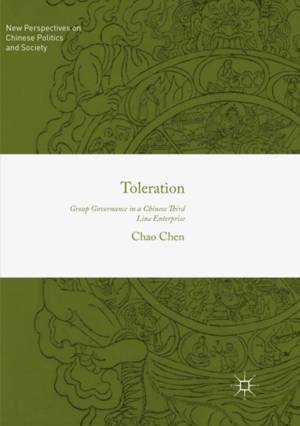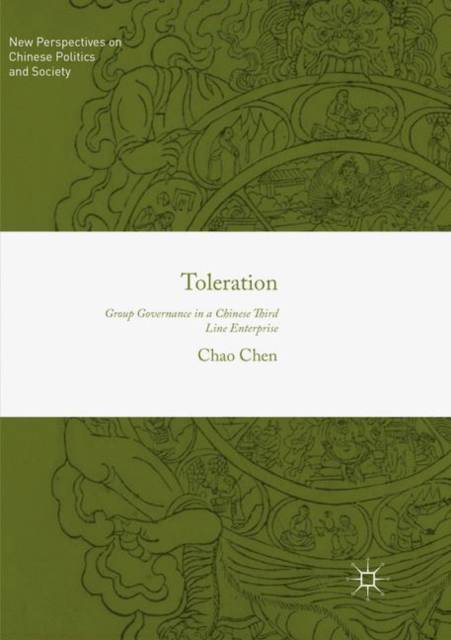
- Retrait gratuit dans votre magasin Club
- 7.000.000 titres dans notre catalogue
- Payer en toute sécurité
- Toujours un magasin près de chez vous
- Retrait gratuit dans votre magasin Club
- 7.000.0000 titres dans notre catalogue
- Payer en toute sécurité
- Toujours un magasin près de chez vous
196,95 €
+ 393 points
Format
Description
This book uncovers the mysterious social and political structures of China's "Third Front," the large state-sponsored development of inland China during the late Maoist period. This movement gave birth to a few important industrial bases such as Panzhihua and Liupanshui and had significant impact on megacities such as Lanzhou, Wuhan, and Chongqing. Yet, this is scarcely known to the West and even the younger generation of Chinese. Chen explores the ways that new industrial structures and hierarchies were created and operated, using political and sociological methodologies to understand what is distinctive in the history of the Chinese corporation. This book will be of immense interest to political scientists, sociologists, China scholars, and researchers of alternative economic structures.
Spécifications
Parties prenantes
- Auteur(s) :
- Editeur:
Contenu
- Nombre de pages :
- 167
- Langue:
- Anglais
- Collection :
Caractéristiques
- EAN:
- 9789811342790
- Date de parution :
- 09-02-19
- Format:
- Livre broché
- Format numérique:
- Trade paperback (VS)
- Dimensions :
- 148 mm x 210 mm
- Poids :
- 231 g

Les avis
Nous publions uniquement les avis qui respectent les conditions requises. Consultez nos conditions pour les avis.






